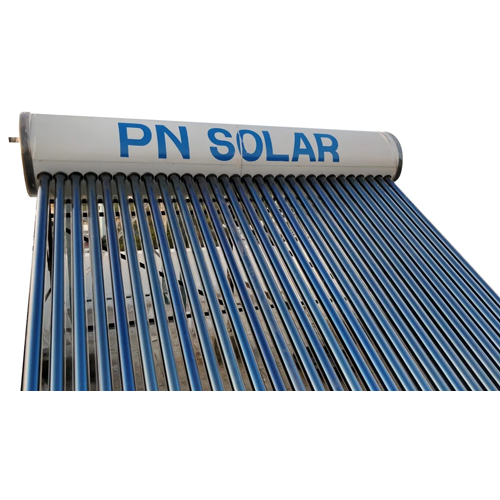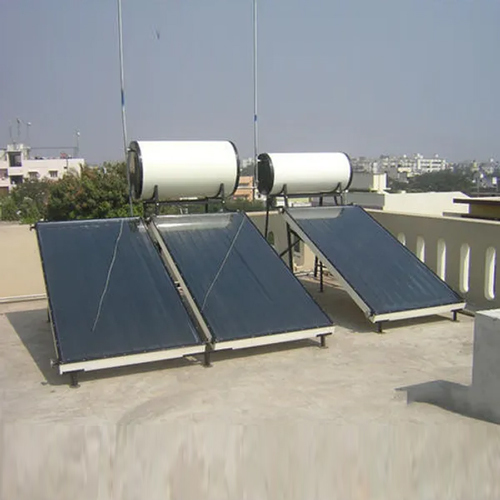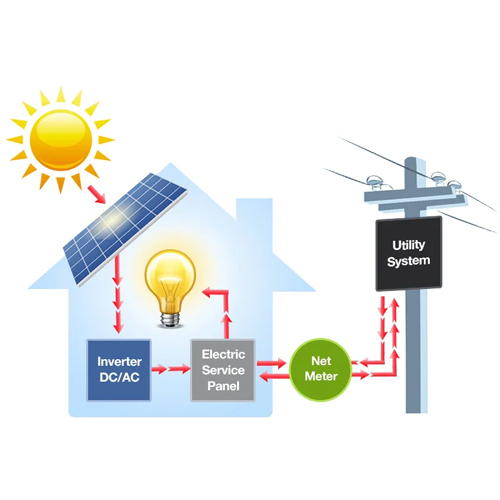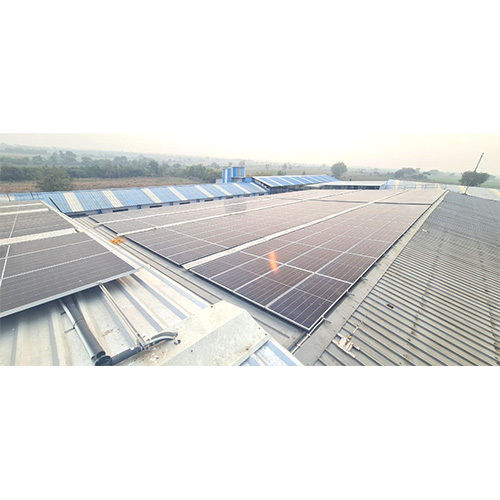ETC PN Solar Water Heater
Product Details:
- Material Stainless Steel
- Storage / Tankless Instant/Tankless
- Installation Type Free standing
- Click to View more
ETC PN Solar Water Heater Price And Quantity
- 600000 INR/Unit
- 10 Unit
ETC PN Solar Water Heater Product Specifications
- Instant/Tankless
- Stainless Steel
- Free standing
ETC PN Solar Water Heater Trade Information
- Cash Advance (CA)
- 150 Unit Per Month
- 10 Days
- All India
Product Description
A solar water heater, sometimes referred to as a solar thermal system or solar hot water system, is a device that uses solar energy to warm water for a variety of uses, including home use, swimming pools, and industrial activities. It is an energy- and environmentally-friendly replacement for conventional water heating techniques that rely on fossil fuels or electricity.
A solar water heater's fundamental parts typically consist of:
1. Solar collectors are machinery used to collect sunlight and transform it into heat. The collectors are typically positioned on the roof or in a location that receives the most sunlight. Flat-plate collectors and evacuated tube collectors are the two primary types of solar collectors used in water heating systems.
- Flat-Plate Collectors: These are composed of a flat, dark-colored absorber plate that is protected by a clear cover or glazing. The fluid that is flowing through the plate receives heat from the plate's absorption of sunlight and is often water or water mixed with antifreeze.
- Glass tubes arranged in rows, each having an absorber plate, make up evacuated tube collectors. To reduce heat loss, each tube is sealed, and an air gap is made between the inner and outer tubes. The absorber plate absorbs sunlight, heating the fluid inside the tubes as a result.
2. Water from the solar collectors is moved to a storage tank after being heated. In order to prevent heat loss, the tank is typically insulated. It can also contain a backup heating element or be connected to an existing water heating system, which will provide a steady supply of hot water, particularly during times of low sunshine.
3. A circulation system is utilised to transfer fluid between the storage tank and the solar collectors. Either a passive or an active circulation system can be used to accomplish this.
- The fluid is circulated by natural convection in a passive circulation system, also referred to as a thermosiphon system. When the liquid in the collectors gets hot, it loses density and rises to the storage tank, where it is replaced by cooler water flowing down from the tank. There are no pumps required for this circulation process.
- Pumps are used in the active circulation system to move the fluid between the storage tank and the collectors. It gives users more control over flow rate and gives designers of systems more freedom. When the collectors are situated below the storage tank or a larger flow rate is necessary, an active system is frequently used.
4. Plumbing and controls: To manage fluid flow, monitor temperature, and guarantee peak performance, the solar water heating system is outfitted with temperature sensors, controllers, and valves. The plumbing connections make sure that the hot water is directed to the correct outlets.
Solar water heater benefits:
- Solar water heaters utilise the sun's energy, a clean, renewable source that helps to reduce reliance on fossil fuels and carbon emissions.
- Energy Efficiency: Solar water heaters can dramatically lower the amount of energy needed to heat water, especially in sunny areas.
- Cost reductions: Solar water heaters can offer long-term savings by lowering monthly energy bills, even though the initial installation cost may be more than regular water heaters.
- Durability: With the right maintenance, solar water heating systems are typically long-lasting and sturdy.
- Energy independence is strengthened by solar water heaters since they are not affected by changes in energy prices or power interruptions.
 |
PN AUTOMATION AND ENERGY SOLUTIONS
All Rights Reserved.(Terms of Use) Developed and Managed by Infocom Network Private Limited. |
 English
English Spanish
Spanish French
French German
German Italian
Italian Chinese (Simplified)
Chinese (Simplified) Japanese
Japanese Korean
Korean Arabic
Arabic Portuguese
Portuguese





